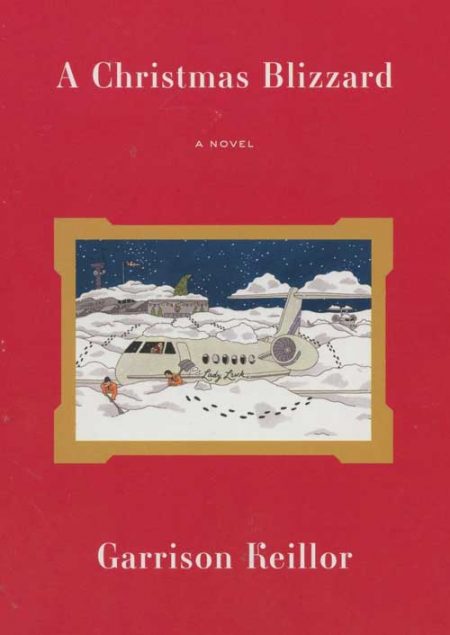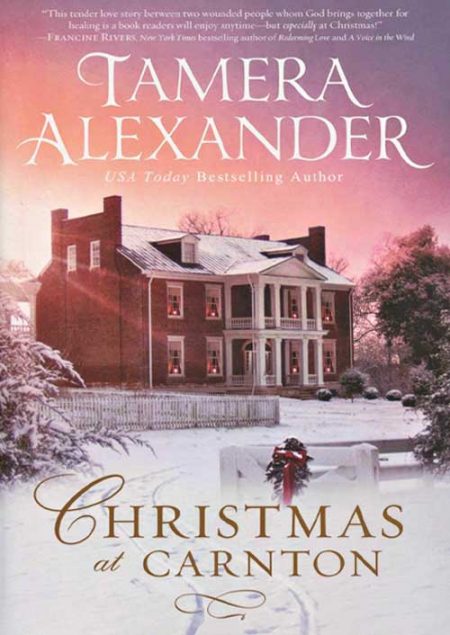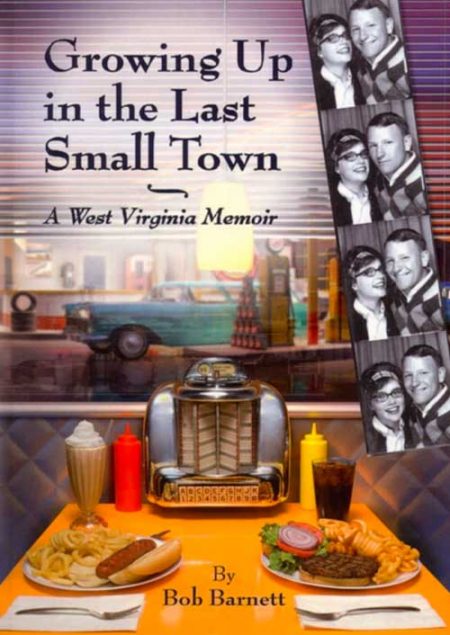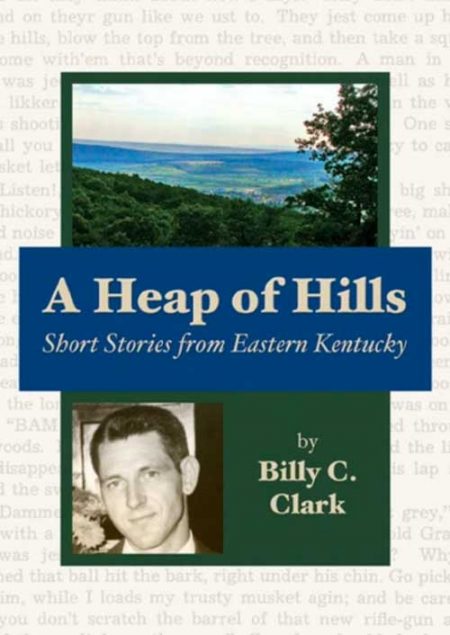-
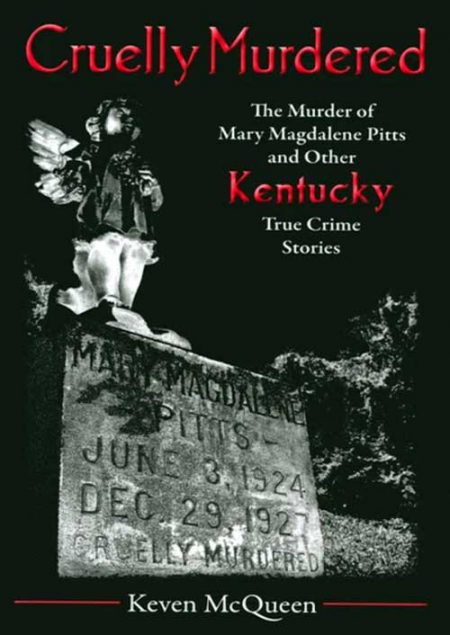 Cruelly Murdered: The Murder of Mary Magdalene Pitts and Other Kentucky True Crime Stories: In this follow-up to Murder in Old Kentucky, Keven McQueen presents detailed and thoroughly researched true crime stories from Kentucky history, spanning in time from the state's early history to the Roaring Twenties. The stories include the case of the governor's son who was tried for murder five tmes and eventually pardoned by his father; Edward Hawkins, a murderer on the move with a pronounced taste for bigamy; the 1883 shooting of a promising young Louisville artist; the infamous 1887 murder of Jennie Bowman, a Louisville maid, by two burglars; and the abuse and murder of three-year-old Mary Magdalene Pitts of Greenup County by her father and a housekeeper, still one of Kentucky's most notorious crimes. SOFTBACK By Keven McQueen
Cruelly Murdered: The Murder of Mary Magdalene Pitts and Other Kentucky True Crime Stories: In this follow-up to Murder in Old Kentucky, Keven McQueen presents detailed and thoroughly researched true crime stories from Kentucky history, spanning in time from the state's early history to the Roaring Twenties. The stories include the case of the governor's son who was tried for murder five tmes and eventually pardoned by his father; Edward Hawkins, a murderer on the move with a pronounced taste for bigamy; the 1883 shooting of a promising young Louisville artist; the infamous 1887 murder of Jennie Bowman, a Louisville maid, by two burglars; and the abuse and murder of three-year-old Mary Magdalene Pitts of Greenup County by her father and a housekeeper, still one of Kentucky's most notorious crimes. SOFTBACK By Keven McQueen -
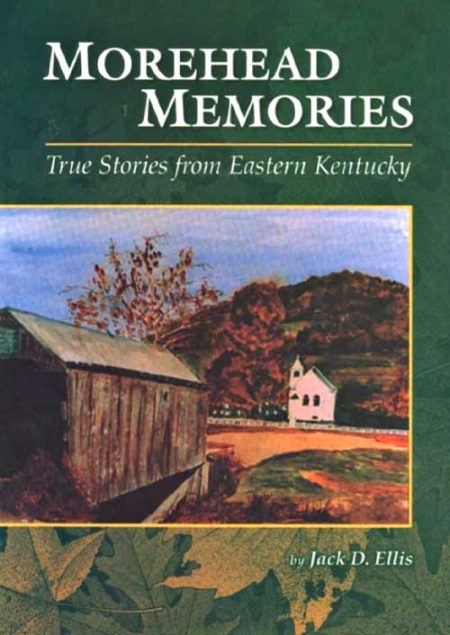 Morehead Memories recalls the struggle of a city and a county to advance from a raw, violent, feud filled region into a modern educational, commercial, cultural and medical center in Eastern Kentucky. The author uses interviews, documented research and personal memories to vividly tell the story of the people, places, institutions and events through which this marvelous transformation was accomplished. HARDBACK By Jack D. Ellis
Morehead Memories recalls the struggle of a city and a county to advance from a raw, violent, feud filled region into a modern educational, commercial, cultural and medical center in Eastern Kentucky. The author uses interviews, documented research and personal memories to vividly tell the story of the people, places, institutions and events through which this marvelous transformation was accomplished. HARDBACK By Jack D. Ellis -
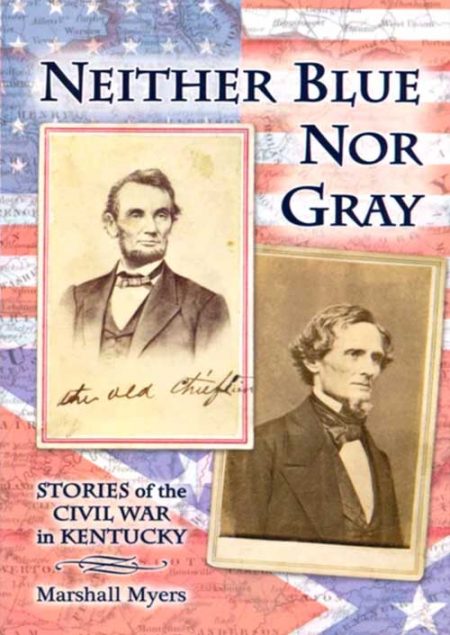 The Civil War affected the daily lives of almost everyone in the Commonwealth of Kentucky, a slave holding state that chose not to secede from the United States. Here are the untold stories of lesser known combatants or the folks back home who suffered in so many ways from the ravages of war. Seventeen chapters range in topics from interviews with former slaves to an examination of Mary Todd Lincoln's family's military involvement in the war. SOFTBACK By Marshall Myers
The Civil War affected the daily lives of almost everyone in the Commonwealth of Kentucky, a slave holding state that chose not to secede from the United States. Here are the untold stories of lesser known combatants or the folks back home who suffered in so many ways from the ravages of war. Seventeen chapters range in topics from interviews with former slaves to an examination of Mary Todd Lincoln's family's military involvement in the war. SOFTBACK By Marshall Myers -
Out of stock
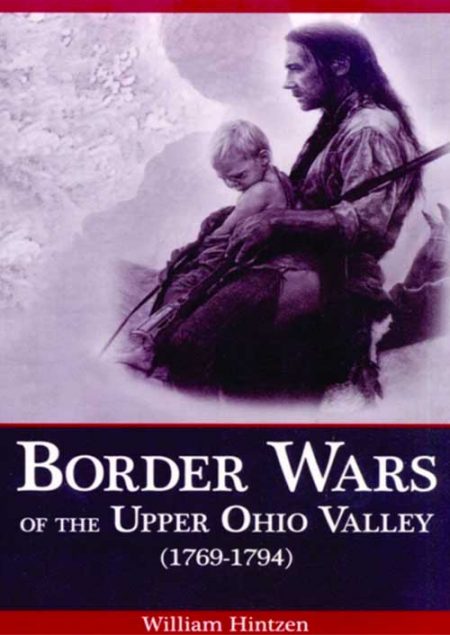 Border Wars of the Upper Ohio Valley is the story of the Trans-Allegheny movement in the quarter-century from 1769-1794. It embraces the area of the present United States from western Pennsylvania to the Mississippi, and from the Great Lakes southward into Tennessee. The story of this westward movement begins with the emigration of the Zane family from the South Branch of the Potomac River, from their home near Moorefield, in present Hardy County, West Virginia, to the mouth of Wheeling Creek in the panhandle of that state, and concludes with Anthony Wayne’s victory over the confederated Indian tribes at Fallen Timbers. William Hintzen’s book brings back the days of Daniel Boone, the Zane family (founders of Wheeling), Simon Kenton, Lewis Wetzel (Death Wind, as the Indians knew him), the 1777 siege of Fort Henry, the Girty brothers, Sam McCo9lloch, Betty Zane’s dash for gunpowder, the remarkable Wetzel family, Sam Brady, George Rogers Clark and Mad Anthony Wayne’s final victory at Fallen Timbers. By William Hintzen
Border Wars of the Upper Ohio Valley is the story of the Trans-Allegheny movement in the quarter-century from 1769-1794. It embraces the area of the present United States from western Pennsylvania to the Mississippi, and from the Great Lakes southward into Tennessee. The story of this westward movement begins with the emigration of the Zane family from the South Branch of the Potomac River, from their home near Moorefield, in present Hardy County, West Virginia, to the mouth of Wheeling Creek in the panhandle of that state, and concludes with Anthony Wayne’s victory over the confederated Indian tribes at Fallen Timbers. William Hintzen’s book brings back the days of Daniel Boone, the Zane family (founders of Wheeling), Simon Kenton, Lewis Wetzel (Death Wind, as the Indians knew him), the 1777 siege of Fort Henry, the Girty brothers, Sam McCo9lloch, Betty Zane’s dash for gunpowder, the remarkable Wetzel family, Sam Brady, George Rogers Clark and Mad Anthony Wayne’s final victory at Fallen Timbers. By William Hintzen -
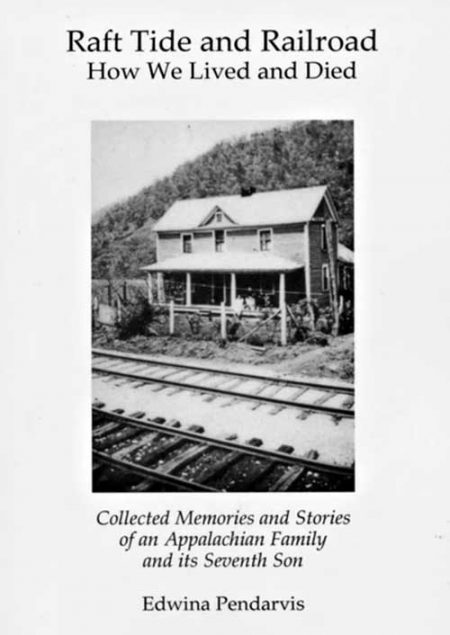 In this family history, “Raft Tide and Railroad: How We Lived and Died — Collected Memories and Stories of an Appalachian Family and Its Seventh Son,” Appalachian author, poet, and editor Dr. Edwina Pendarvis, was guided by sage advice from a grandmother, Jet Johnson, known only to her through family stories and photographs. Not long before Johnson was murdered, she asked one of her sons to note the strength of a bundle of twigs – as opposed to an individual twig – and see it as a metaphor for family strength – a metaphor originated by an earlier Appalachian – the warrior Tecumseh. In “Raft Tide and Railroad,” the author has preserved her family’s history and recognized its strength through accounts that span seven generations of experiences in Virginia, Kentucky, and West Virginia from the early 1800s to the present. SOFTBACK VERSION By Edwina Pendarvis
In this family history, “Raft Tide and Railroad: How We Lived and Died — Collected Memories and Stories of an Appalachian Family and Its Seventh Son,” Appalachian author, poet, and editor Dr. Edwina Pendarvis, was guided by sage advice from a grandmother, Jet Johnson, known only to her through family stories and photographs. Not long before Johnson was murdered, she asked one of her sons to note the strength of a bundle of twigs – as opposed to an individual twig – and see it as a metaphor for family strength – a metaphor originated by an earlier Appalachian – the warrior Tecumseh. In “Raft Tide and Railroad,” the author has preserved her family’s history and recognized its strength through accounts that span seven generations of experiences in Virginia, Kentucky, and West Virginia from the early 1800s to the present. SOFTBACK VERSION By Edwina Pendarvis -
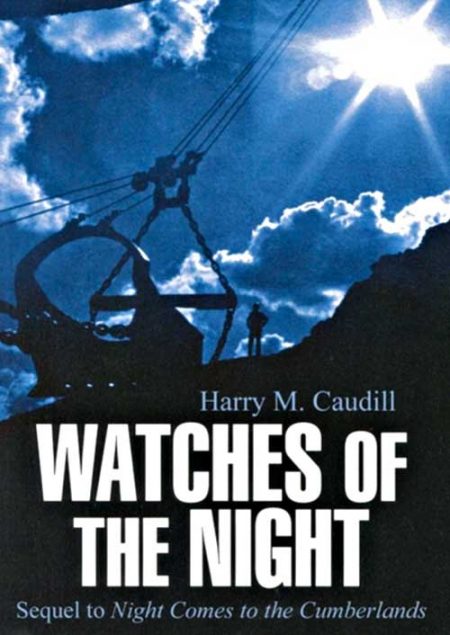 In 1963, Harry M. Caudill published his now classic account of the reckless, deliberate despoliation of the Appalachian Plateau, Night Comes to the Cumberlands. Thirteen years later, in The Watches of the Night, Caudill continued the heartbreaking story of an incredibly rich land inhabited by a grindingly poor people whose problems, despite state and local aid and an unprecedented boom in coal, had worsened: the land was being stripped more rapidly than ever; the people’s traditional relationship with the land was being uprooted, and their old customs eliminated by standardization Both a narrative history and a polemic against greed and waste, The Watches of the Night hammers at “the profligacy growing out of the persistent myth of superabundance.” The author ponders an even darker future if the cycle of boom and bust is not broken. He writes: “Americans have never understood or respected the finely textured, little-hill terrain of the Cumberland Plateau.” Neither the farmers nor the miners who followed the early pioneers saw it as a place cherish. Through decades that have lengthened to nearly two centuries the land has fought back, sometimes with savage floods and always with persistent efforts to reforest. “But now times runs out and our “inexhaustible” resources have turned finite….The Kentucky Cumberlands are many things, but most of all they are a warning.” By Harry M. Caudill
In 1963, Harry M. Caudill published his now classic account of the reckless, deliberate despoliation of the Appalachian Plateau, Night Comes to the Cumberlands. Thirteen years later, in The Watches of the Night, Caudill continued the heartbreaking story of an incredibly rich land inhabited by a grindingly poor people whose problems, despite state and local aid and an unprecedented boom in coal, had worsened: the land was being stripped more rapidly than ever; the people’s traditional relationship with the land was being uprooted, and their old customs eliminated by standardization Both a narrative history and a polemic against greed and waste, The Watches of the Night hammers at “the profligacy growing out of the persistent myth of superabundance.” The author ponders an even darker future if the cycle of boom and bust is not broken. He writes: “Americans have never understood or respected the finely textured, little-hill terrain of the Cumberland Plateau.” Neither the farmers nor the miners who followed the early pioneers saw it as a place cherish. Through decades that have lengthened to nearly two centuries the land has fought back, sometimes with savage floods and always with persistent efforts to reforest. “But now times runs out and our “inexhaustible” resources have turned finite….The Kentucky Cumberlands are many things, but most of all they are a warning.” By Harry M. Caudill -
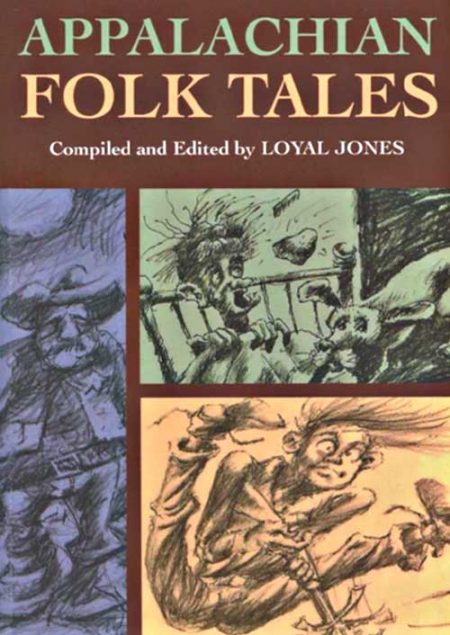 This is a collection of folk tales, or stories based on traditional tales which originated in the Old World before America became a nation. They came to this country in the memories of the settlers and were passed on to younger generations through the oral tradition. However, as the immigrants to America began to change and develop into Americans, so did the characters in the folk tales. SOFTBACK Compiled & Edited by Loyal Jones
This is a collection of folk tales, or stories based on traditional tales which originated in the Old World before America became a nation. They came to this country in the memories of the settlers and were passed on to younger generations through the oral tradition. However, as the immigrants to America began to change and develop into Americans, so did the characters in the folk tales. SOFTBACK Compiled & Edited by Loyal Jones


